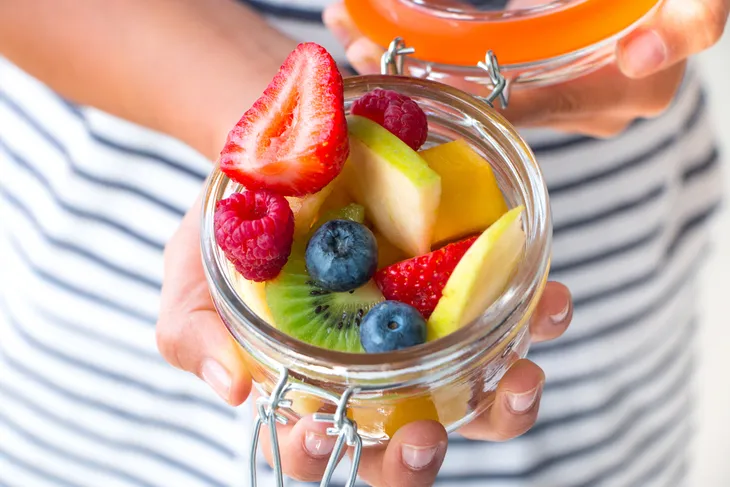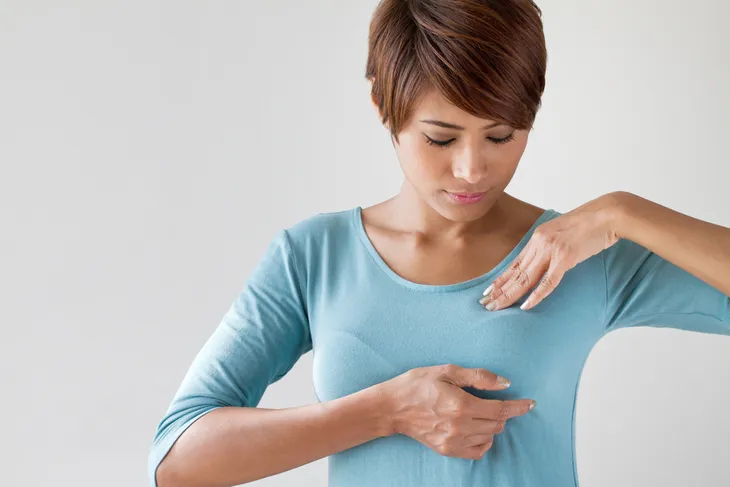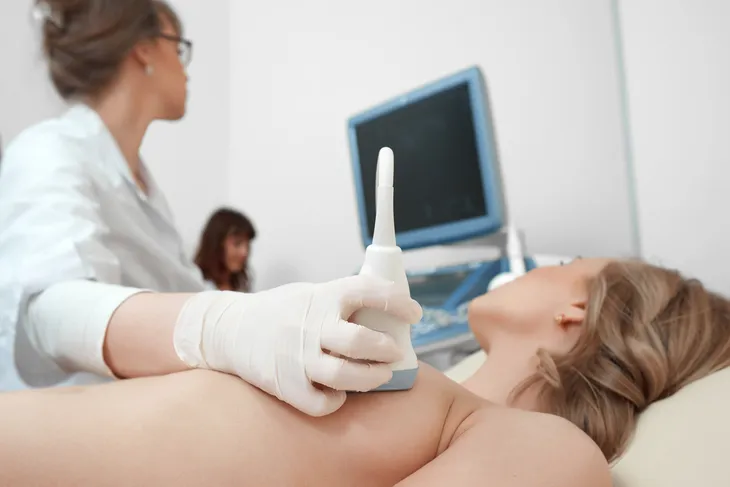Aside from some types of skin cancer, breast cancer is the most common cancer in women in the United States, with about one in eight women developing it in their lifetime. According to the American Cancer Society, it’s estimated that over 230,000 women will develop breast cancer in 2014 and about 40,000 will die from it.
While a lot of women die each year from breast cancer, finding it in the early stages and getting treatment quickly can help increase your chance of survival. There’s no way to prevent breast cancer, but these 10 lifestyle tips to protect yourself against breast cancer can help with early detection and reduce your risk. You can also find out more by reading this article on the Warning Signs of Breast Cancer.
Regular Exercise
You’ve probably heard over and over again from your doctor about the importance of exercise, and there’s good reason why any medical professional would agree regular exercise is good for your health. The fact is, regular exercise can benefit your body in a multitude of ways, from improving cardiovascular health to protecting your body in the years to come.
When it comes to breast cancer, exercise is one of the ways you can protect yourself. Exercise builds your immune system and strengthens your body. Any type of cancer takes a significant toll on your body and being in shape could help you beat it. So exercise regularly, for your present and your future.
Limit Your Alcohol Intake
Drinking alcohol is common for a lot of people—who hasn’t enjoyed a glass of wine at the end of a long day or had a celebratory drink (or several) at a birthday or anniversary party? While alcohol in moderation is typically not frowned upon by doctors, alcohol consumption has been linked to an increased risk of breast cancer.
Some studies have even shown an increased risk when very little alcohol is consumed. If you don’t want to cut out alcohol completely, consider reducing how much and how often you drink to help protect yourself against breast cancer.
Eat Your Fruit and Veggies
Having a healthy, balanced diet that includes a lot of fruits and veggies may reduce the risk of breast cancer. There aren’t tons of specific vegetables and fruit that lower your risk, so you don’t have to worry about scarfing down those dreaded brussel sprouts or something else your taste buds aren’t fond of. But foods rich in antioxidants could help lower your risk.
It’s recommended that women 19 – 50 years old get 7 – 8 servings of fruits and vegetables every day, and women over 50 should get 7-servings. According to the CDC, a diet rich in fruit and veggies can not only reduce the risk of certain cancers, but also other chronic diseases.
Know Your Family History
In this case, genetics matter—breast cancer is a disease that can be passed down through generations. Although it’s not contagious, there are certain gene mutations that can cause breast cancer, and are a somewhat small percentage of cases (5- to 15-percent). These gene mutations can be inherited from a parent and greatly increase the possibility of you developing breast cancer as well.
Know your family history, including your dad’s, and inform your doctor. Many women develop breast cancer without a family history of it, but you could be at a higher risk if someone or several people in your family had it.
Check For Lumps Regularly
Yearly physicals are extremely important, but you should be checking your breasts way more often than once a year. Though some doctors no longer expect patients to check themselves, knowing how your breasts feel and being aware of any changes in density, appearance and tenderness could help protect against breast cancer.
Like many cancers, breast cancer can develop quickly and worsen as time without treatment goes by, so checking yourself regularly for lumps and other changes is integral to protecting yourself and getting treatment as early as possible.
Stick To A Healthy Diet
No one’s perfect—we all have cravings sometimes and eat things that don’t have much nutritional value or are high in fat, sugar or sodium. Indulging once in a while isn’t going to hurt you in the long run, but the key is to stick to a healthy, balanced diet as often as possible.
Eating healthy, fresh foods instead of processed meals packed full of chemicals or snacking on high-calorie, low-nutrition foods could lower your risk of breast cancer. Not only could this protect yourself against breast cancer, but it’ll likely help you feel better all around, lose weight or keep it off, and prevent other life-altering diseases.
Aim For Early Detection
Breast cancer is the second leading cancer among women in the U.S., but the good news is that if it’s caught early on and hasn’t spread, the 5 year survival rate is extremely good. There are several ways you can detect breast cancer early, including regular mammograms.
Some doctors incorporate yearly mammograms once you hit 40, and others don’t do it until you’re 45. If you’re considered high risk, your doctor should be issuing mammograms even earlier. It’s important to openly speak with your doctor about breast cancer screening, and to go over your family history and other lifestyle factors that may put you at a higher risk.
Pay Attention To and Control Your Weight
A healthy lifestyle that includes regular exercise and a balanced diet should naturally help you control your weight and be healthier overall. Making healthy lifestyle choices will make it easier for you to pay attention to and control your weight, something that’s important to your health —being overweight or obese has been linked to raising your risk of breast cancer.
Studies have shown that women with a higher weight gain later in life compared to their weight at 18 can greatly increase your chance of breast cancer. Being overweight can also reduce your risk of survival.
If At Risk, Consider Preventative Medication
Some women are at a higher risk of developing breast cancer because of several factors, including their weight, family history, or personal history of cancer in one breast. If you’re considered high risk, talk to your doctor about the different preventative medication that may be right for you.
There are several medications that target specific hormones and block some of the effects of those hormones on cells and their relation to increasing the risk of cancer. Targeting specific hormones has been shown to successfully decrease the chance of breast cancer in some patients. Of course, it all depends on your risk and other health-related factors, but it’s important to consider.
Quit Smoking
Smoking is always associated with lung cancer, and rightly so. But what you might not consider is how much it increases the risk of many other cancers, including breast cancer. There are over 70 known carcinogens in cigarettes, so not smoking – and living in a smoke-free home – eliminates your exposure to these unnecessary but extremely harmful toxins.
If you want to quit or have had trouble quitting in the past, there are a lot of online support groups, tools, tips and guidelines to help you kick the habit. And of course, your doctor should be able to provide additional support.













